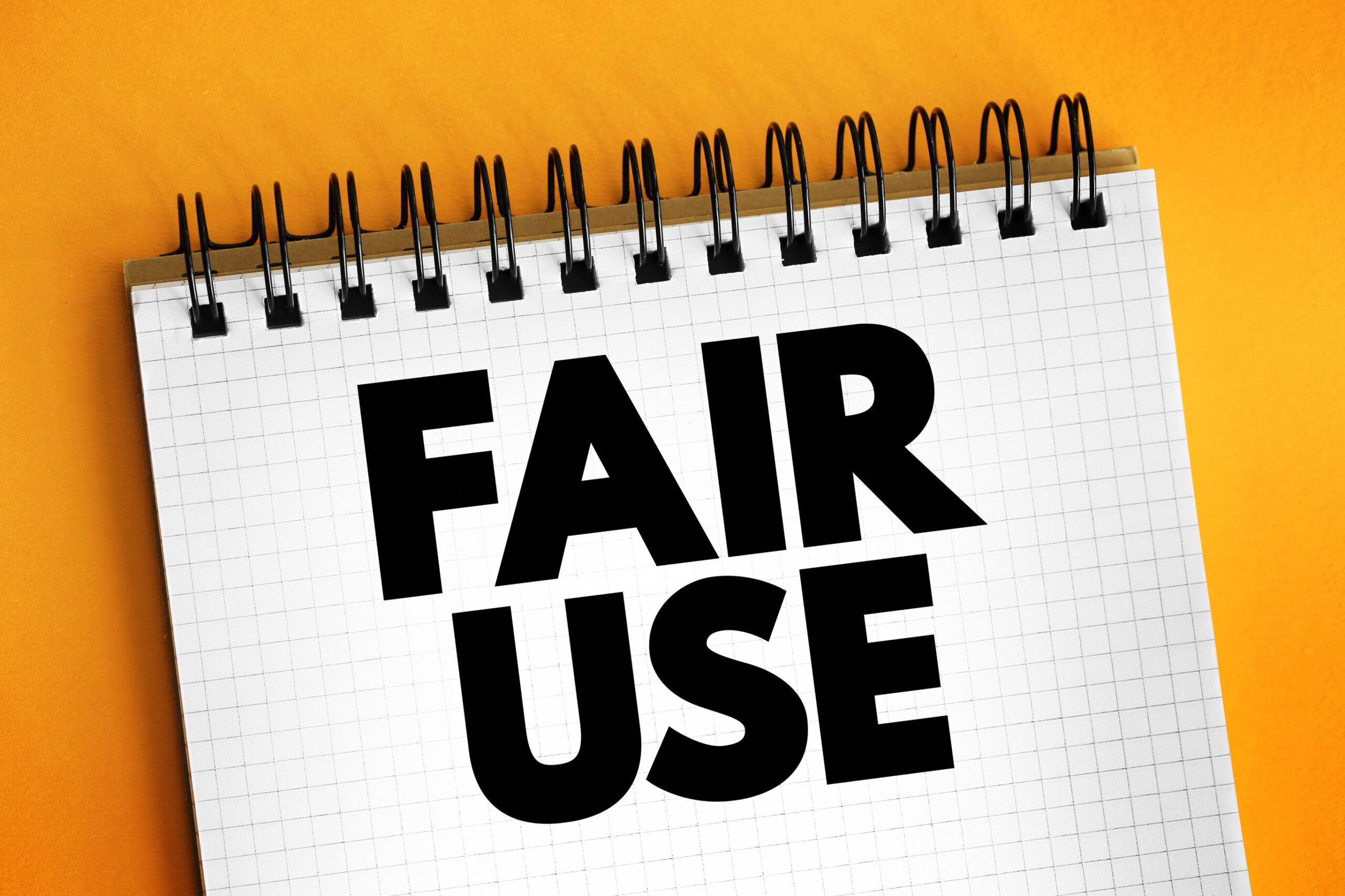Have you found yourself worried about violating federal fair use law recently?
This area of copyright legislation is an often misunderstood aspect of intellectual property rights. Understanding how it works is crucial whether you are a fledgling YouTuber or a teacher preparing course materials.
Imagine having the confidence to use copyrighted material legally and ethically. You deserve to know where the line gets drawn between fair use and infringement. This knowledge protects your projects and empowers you to create content without the looming fear of civil complaints. Learn how this law may apply to your circumstances, debunk some common myths, and find legal help today!
What Is Fair Use Law?
Fair use became part of the framework of copyright legislation to strike a crucial balance. It navigates the complex interplay between a creator’s rights and the public’s freedom to engage with these works for educational, critical, or research purposes.
This legislation allows for limited use of copyrighted material without permission or compensation. This doctrine is pivotal, acknowledging that overly strict rules could hinder creativity and public access to information.
Fair use determination hinges on four pivotal factors:
- The purpose and character of the use assess whether the work gets transformed by adding new expressions or meaning.
- The nature of the copyrighted work matters is a critical evaluation. Generally, factual works are often more amenable to the law than creative ones.
- The amount and substantiality of the utilized portion require examination. Typically, minimal use aligns more closely with fair use.
- The court can measure the impact on the market or value of the original work.
Common Misconceptions about Fair Use
There’s a common misbelief that using copyrighted material for educational or non-profit purposes always falls under fair use. While these situations may favor fair use, they don’t guarantee it. The assumption that small excerpts for classroom use are always acceptable is a misconception. Moreover, the usage’s context and manner significantly influence its classification.
Equally misunderstood is the idea that non-profit use equates to fair use. Non-profit status may contribute favorably, but it doesn’t automatically make it legal. For example, a non-profit organization using copyrighted images in a fundraising campaign might not qualify if this negatively affects the original work’s market.
Real-World Applications of Fair Use
Fair use law is integral across various sectors, but arguably, it is most notable in education and media. Educators and researchers apply this law in classrooms and academic publications. They use parts of copyrighted works for critique or to illustrate points. In journalism and media, Fair Use allows segments for reporting or commentary because it supports informed public debate.
The creative industry often interacts with Fair Use, especially in film, music, and digital content. Filmmakers may use clips or music in their works for parody or homage. Furthermore, digital content creators use copyrighted material for reaction videos or reviews.
When to Seek Legal Help
Finding legal help is valuable for unclear cases or when using significant copyrighted material. For instance, content creators using copyrighted music or videos for monetized projects must understand the nuances. Misinterpreting copyright can lead to serious legal issues, including disputes or infringement claims.
Fair use boundaries are even more cloudy in today’s digital world. The risk of accidental infringement is a genuine concern for businesses or non-profit organizations. An experienced attorney can help clarify risks, offer guidance, and obtain the necessary permissions. This counsel ensures you respect creators’ rights and avoid legal entanglements.
Preparing for Your Consultation
Getting ready for a legal meeting starts with organizing all relevant materials. This collection should include the copyrighted content and details on how you want to use it. Describe your project and how you’ll use the material. Also, prepare a list of your fair use concerns and questions. These efforts will help your lawyer give you specific advice.
Additionally, make a list of questions for your legal consultation. Ask if your use counts as fair use and about the risks. Find out how to avoid legal problems. Ask about their service costs, the timeline for cases like yours, and their experience with Fair Use. This preparation helps you understand your legal position and next steps. The meeting’s goal is to check if your actions are legal and to plan your next move.
Ask a Local Attorney About Fair Use Law
Avoiding the pitfalls of fair use law can be a challenging endeavor. Many nuances can limit or enhance its applications. As a result, it is wise to seek professional legal advice whether you are a content creator or educator.
We have connected over 5 million people to the legal help they need in the United States. Ask us for a referral today by calling (866) 345-6784 or completing this quick online form!

